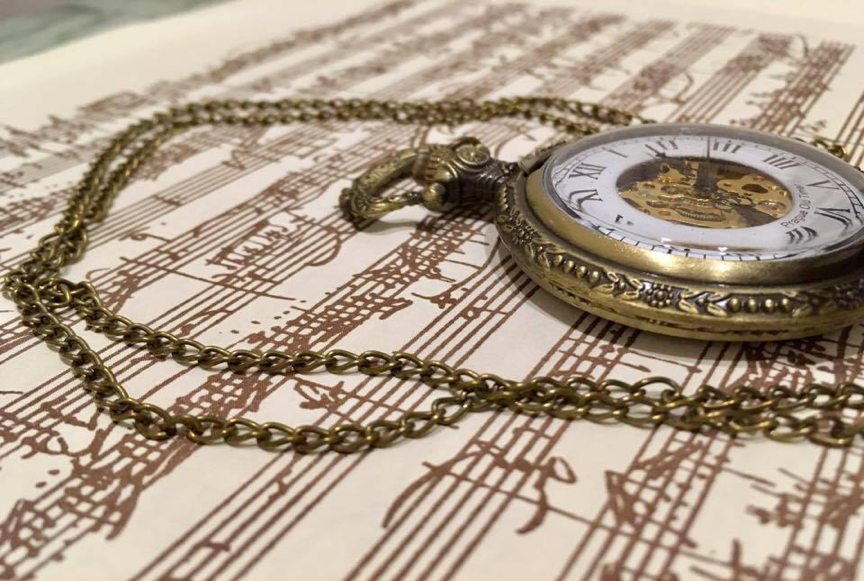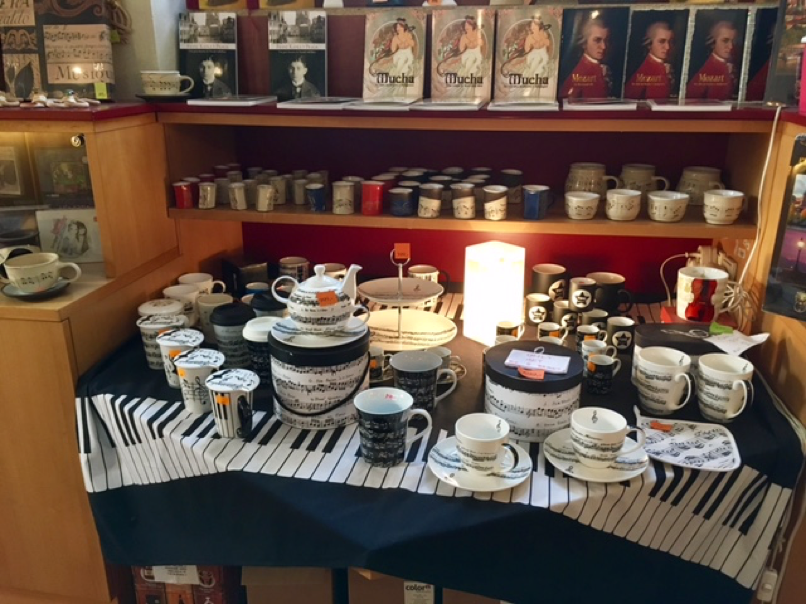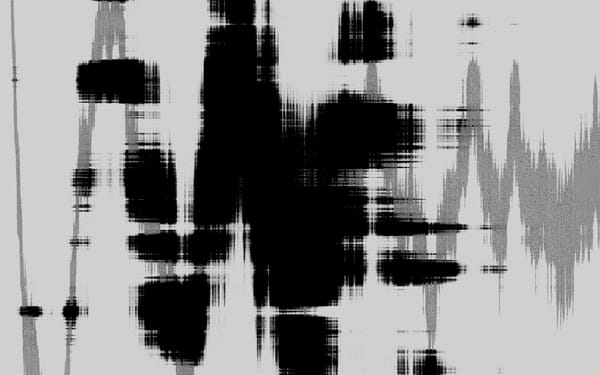A Summer Idyll

The opening bars of Mozart’s Fantasia in D minor are a gateway to an inviting sonic escape. Through the sombre arpeggios of the Andante, the weeping Adagio, the fiery Presto, all the way to the final resolution of the Allegretto, one is left surprised, seduced and seeking more.
It was on an autumn evening eight years ago that I performed this unfinished Fantasia. This was the first piece of classical music I played on stage- an evening that marked the beginning of my strange romance with the piano. I was thirteen, and overwhelmed with life at boarding school. While most of my classmates romanced their first crushes, my eyes followed only the fingers of concert pianists, with little success. Drawn by its emotional depth and intellectual rigour, I spent all my time listening to classical music, and imagining possible endings of the Fantasia. I felt great joy thinking that perhaps Mozart would’ve ended it just like that. Or that. Or maybe like that. Over the years I would get great fulfilment by playing and listening to music, but my affair was incomplete. The world of western art music was a mere construction in my mind- a lopsided combination of my imagination and assimilated information. It was like I’d fallen in love with a girl over the phone, if that’s possible.
Yes, I had heard hundreds of pieces, watched documentaries, read books and journals, but there is a strange magic in watching a piece of music come alive in front of your eyes. It cannot be described. It cannot be imitated. It cannot be imagined. The desire to feel this magic, and experience the world that had inspired this vast body of art began to consume me. I had never been to a live concert, never known what it would feel like to watch a pianist try to conquer the toughest pieces ever written for the instrument. I wanted to meet the girl that I had only imagined so far, and over the years this turned from a whim into a deep longing.
This would finally happen years later at the historical centre of the world of classical music – the Austrio-Hungarian Empire. The summer of 2017 arrived, and with expectations of almost a spiritual awakening, I left for a journey to the two capital cities of the Habsburg empire – Prague and Vienna.
It is said that music is like liquid architecture and architecture like frozen music. This was just another romantic proverb for me until I set foot in Prague. The homeland of Dvořák, Kafka, David Černý and Filla is a visual and aural feast. The stunning architecture traverses centuries, replete with gothic, baroque, and renaissance masterpieces. Music is everywhere, and the silence of quaint neighbourhoods is broken only by strains of Janáček floating in the air. Whether sauntering across Charles Bridge or an obscure beer garden with quirky art, Prague is full of surprises. The endearing cobbled lanes; historic jazz clubs and luscious art make this city no less than a fairy tale for the aimless wanderer. Carefree and lost, I simply walked where the city led me. While I did satisfy my desire to attend classical concerts, it seemed like Prague was urging me into a dalliance with a new lover.
I found myself in Reduta Jazz club – the oldest and cutest one in town. Famous for having hosted artists like Louis Armstrong, Ronnie Scott and B.B. King, this venue was a rare spectacle. From the saxophone shaped beer taps to the red curtains and the unusual seating, it was clear that this club had lost none of its character in sixty years. Once the music began, the visuals were irrelevant as Jiri Strivin abducted me into a world of sound. The man’s theatrics, jolly sense of humour and his spilling his drink on stage did not lessen the impact of his musical genius – dazzling emotive solos with sleazy rhythmic phrases, played on five different woodwinds. Eventually having recovered from my speechlessness, I found myself in conversation with the people in the club – some musicians, some simply enthusiasts. The stories of their journeys were filled with a nostalgic passion. Somewhere they understood that playing an instrument wasn’t simply a pleasurable pass-time but a perilous journey. More than watching grand concerts from the last row, it was this Czech atmosphere of musical regard that was soothing; something that I missed back home.

The unpredictability of being in foreign lands is much like the unpredictability of great music – one is made to expect a certain resolution or motif, and is suavely presented with another. Have you ever stumbled upon a Wynton Marsalis concert, and received a ticket even though its been sold out for months? Walking by the languid Vltava, towards the Rudolfinum (home of the Czech Philharmonic) expecting to catch a usual performance of classical music, an old lady handed me an extra ticket for an exclusive ‘Jazz at Lincoln Center Orchestra’ (one of the leading big bands in the world) concert that was to begin in thirty minutes. In Prague music was seeking me as actively as I sought it, be it classical or jazz, and I couldn’t be happier.
Walking by St Nicholas Church, where Mozart was said to have ‘tickled the ivories’ and then up to Prague castle, I was overcome by a feeling of rare satisfaction. Days had whizzed by, and it was time to leave, but hopefully to a place full of more pleasant surprises – the city where Mozart had written my childhood Fantasia.






